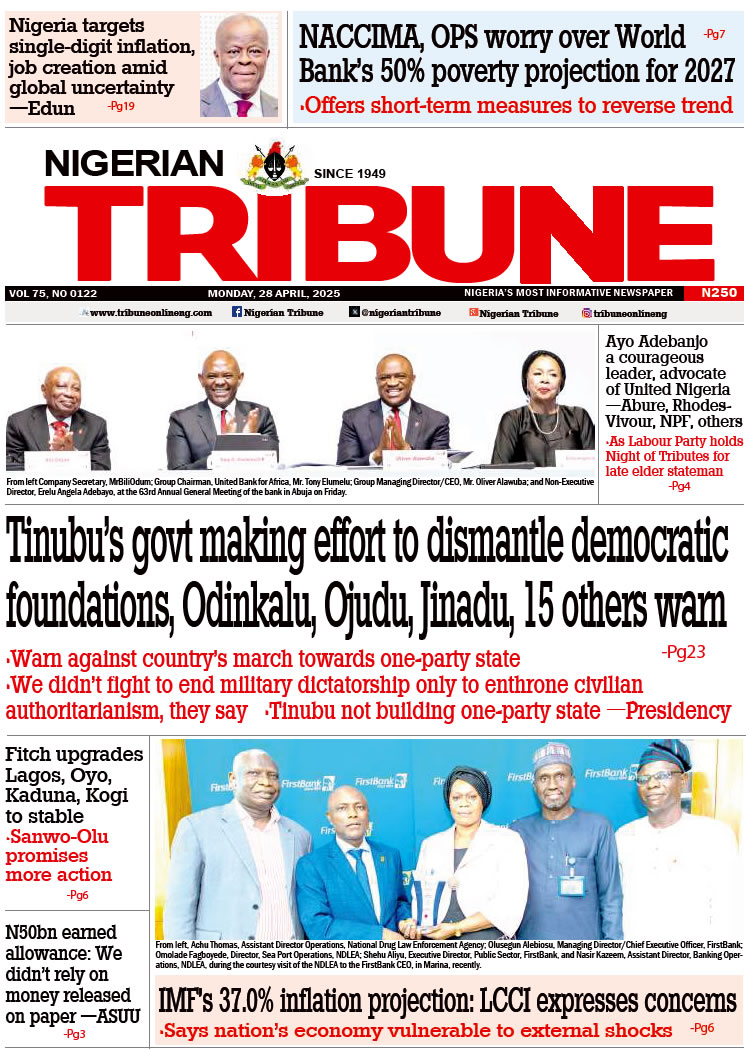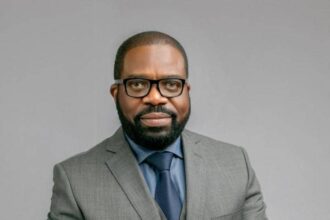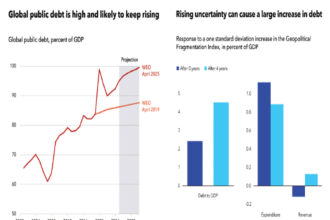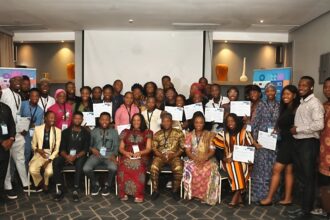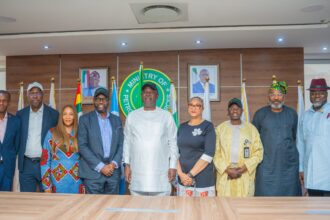How can African countries like Nigeria solve their waste disposal problems? How can cities like Lagos move from having dumpsites to engineered landfills? How can such cities achieve zero waste disposal through waste-to-energy initiatives? These were some of the questions WestAfricaENRG and Cranfield University sought to answer and come up with an actionable plan when they partnered to organise the First Sustainable Waste Symposium in Lagos, with the theme: “Achieving sustainable waste management and energy from waste in Africa.”
The two-day symposium, held July 25 to 26, 2019, saw the Lagos State Government and its waste management agency, Lagos State Waste Management Authority (LAWMA), and stakeholders in the environment sector including recycling companies including RecycleGarb Hub Ltd, professional bodies such as the Nigerian Institute of Environmental Engineers (NIEE), and NGOs like the Food and Beverage Recycling Alliance, gather for two days to develop an actionable plan that will address challenges in waste management that developing countries face.
Lolade Oresanwo, Chief Operating Officer of WestAfricaENRG said, “One of the biggest challenges you find in Africa is the disposal of waste. Most times, you find that waste leaves your house and ends up in a dumpsite that is not engineered. Countries around the world that have recorded improvement have used innovative solutions to solve their problems, so why is it not happening in Africa? Why is not happening in Nigeria? We have started with Lagos because we have been able to get data about the state.”
Yahaya commiserates with Fintiri over father’s death
She said WestAfricaENRG had engaged like minded organisations and institutions and the state government to find an action plan “that will be sustainable so that all parties will have a role to play.”
According to Oresanwo, “I am very happy to hear that LAWMA will, going forward, major on the regulatory aspect and leave the operations to the private sector. Let the private sector drive the waste management industry, and as such, you will be able to achieve a lot more.
“WestAfricaENRG is doing waste collection, transportation and processing of waste such as turning sachet water bags into dustbin liners today. Tomorrow, we want to do waste to energy. We want to ensure that zero waste goes to the landfills. In Sweden, 99 per cent of their waste is recycled – we can achieve that in Nigeria! It’s not a sprint, it is going to take time, and that is why we have been in Nigeria for eight years doing this. We are working with a team to achieve that.”
The COO said her company was working with Lagos, Oyo and Ogun States to ensure sustainability in waste management.
“We cannot stop at collection alone or disposal, we must ensure that resource is recovered from waste. We have to look at organic fertiliser, energy for electricity, fuel for industries.”
She called on government to notice and support companies in the waste industry, by putting incentives in place. “Not financial incentives, but ensuring that the regulatory environment is conducive to work in,” so that recycling companies can thrive.
WestAfricaENRG is an environment services company whose vision is to ensure zero waste to landfill in the communities they work in. Part of the vision is to add value across the waste value chain in collection, transportation, processing and final disposal.
Cranfield University’s Dr Stuart Wagland said, “We have a long-running partnership with WestAfricaENRG. We have known them for nearly 10 years.
“We recognise that the challenge the waste industry poses in Africa is completely unique to the rest of the world – it’s a great challenge and I am really excited about the challenges – purely because the people that live here and work in the waste industry, including the informal sector, are very innovative and ingenious about how they manage their waste. It’s a completely unique society and we are very interested in working with people to find solutions.”
The Senior Lecturer in Energy and Environmental Chemistry said,“The challenges are unique, but there are huge opportunities here.”
Wagland who said his forte is in mechanical sorting of waste and energy recovery from waste, said having worked in Asia, Europe, Australia and the US, the challenges found in Nigeria “are particularly exciting.”
The Lagos State governor, Babajide Sanwo-Olu, who was represented at the event by the Permanent Secretary, State Ministry of Environment, Mr Abiodun Bamgboye, in his keynote address, said that in view of challenges in the power sector, his government is considering the waste-to-energy option and assured investors in this sector of government support. He also said that to facilitate upcoming waste-to-wealth initiatives, the Lagos State government would soon launch a “blue box initiative” that will encourage residents to sort and recycle their waste.
Day one of the symposium had five sessions on topics including “The Role of the Informal Sector,” “Case Study of LAWMA,” “Building Blocks of a Sustainable Waste System,” “Energy from Waste in Nigeria,” and “Waste Processing, Innovation and Operations.”
The symposium ended on day two with workshops and a session on “Energy from Waste Technologies.”


